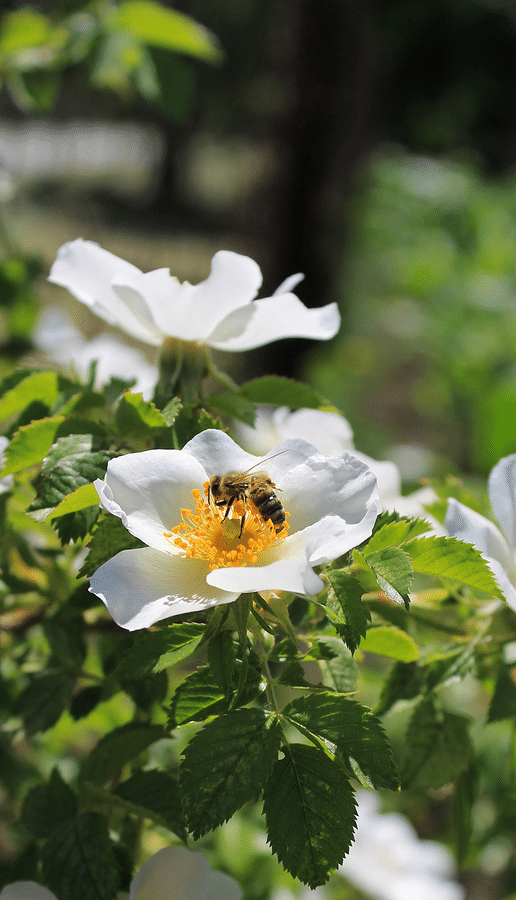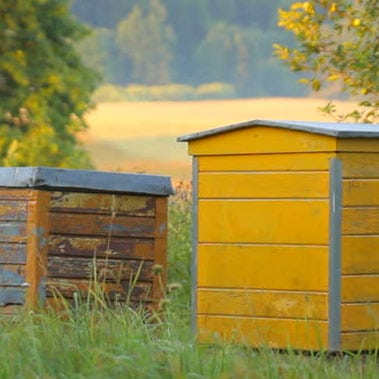Why are bees so important
In pure economic terms, bees contribute the equivalent of over £400 million to the UK economy and EUR 14.2 billion to the EU economy every year as bees pollinate 84% of crops across Europe. Bees also pollinate wildflowers, which are often the cornerstone of complex food chains upon which insects, birds and mammals depend. And, of course, who can put a value on how beautiful they make our world by pollinating plants, flowers and trees.
The Decline of Pollinators
The decline of pollinators and bees has been well documented. Thankfully it is not all bad news but bees will always need our support. One of the main reasons is the loss of nearly 97% of flower rich grass and meadowland since the 1930s- indeed the very food bees and other pollinators forage upon. In 2014 it was reported that 9% of the EU’s wild bee species were under threat, many of them critically. Honeybee numbers fluctuate at different times of the year but the consensus seems to be that there are multiple problems facing bees. Since the 1980s, honeybees and beekeepers have had to deal with a host of new pathogens such as Varroa mites as well as nutrition problems from lack of diversity or availability in pollen and nectar sources, as well as the effects of pesticides. In addition, the number of beekeepers had declined dramatically over the last 50 years, however, their numbers have started to increase over the last several years. Government and the scientific communities are working tirelessly to make sense of these multiple threats and to help curb the decline.






 What can we do to help?
What can we do to help?